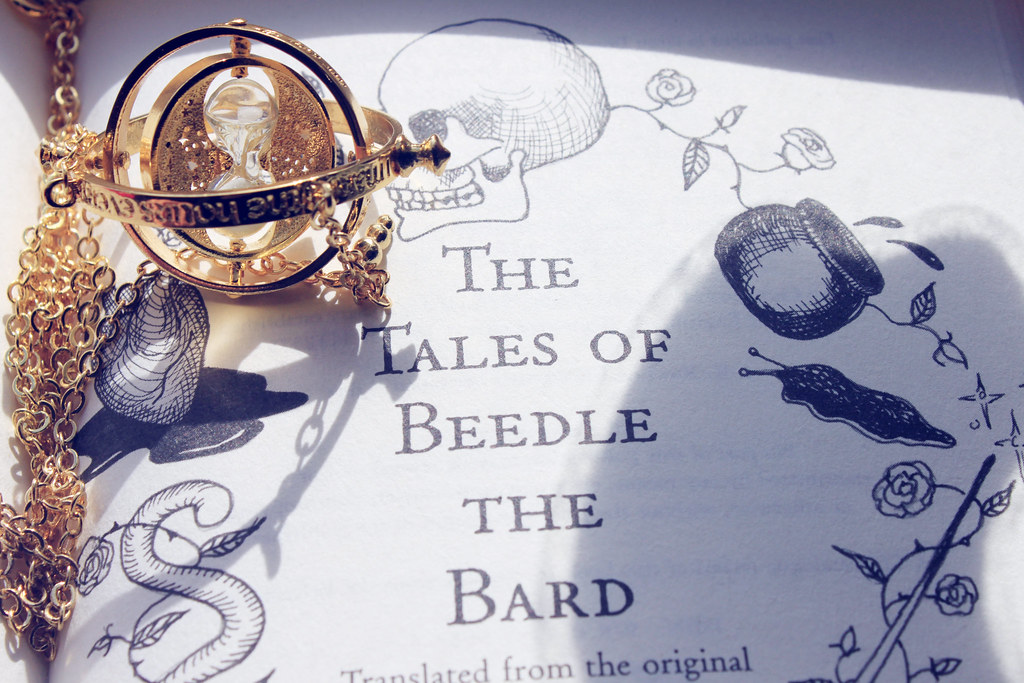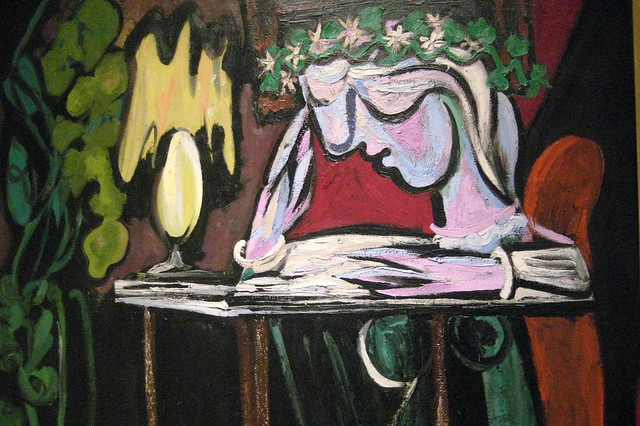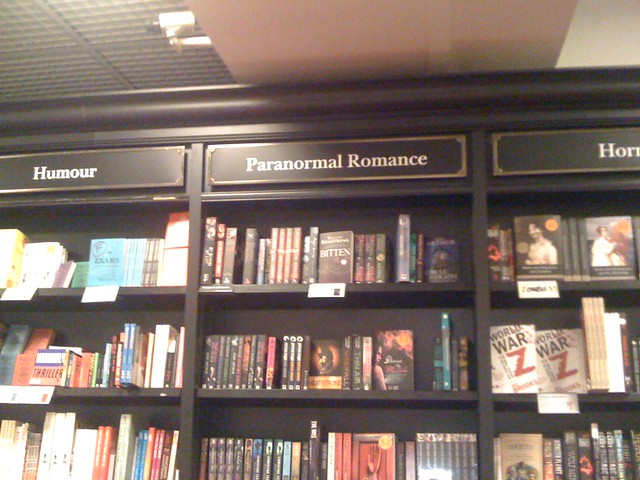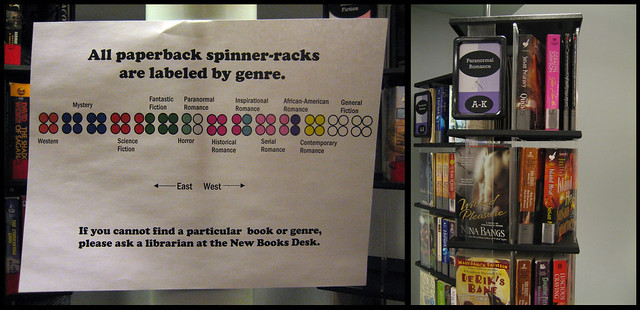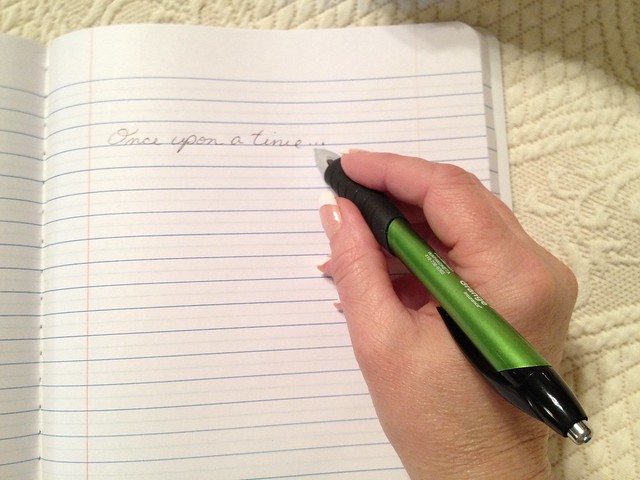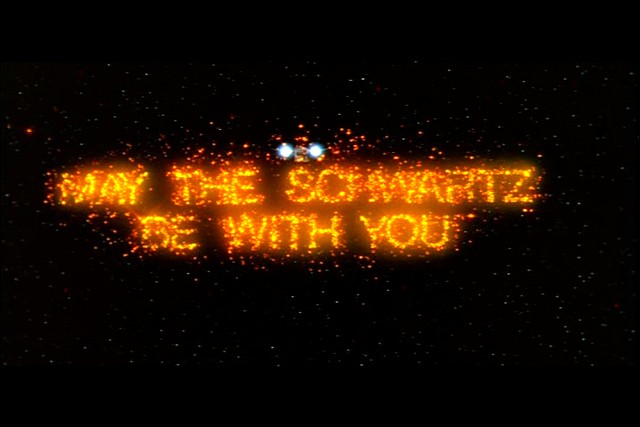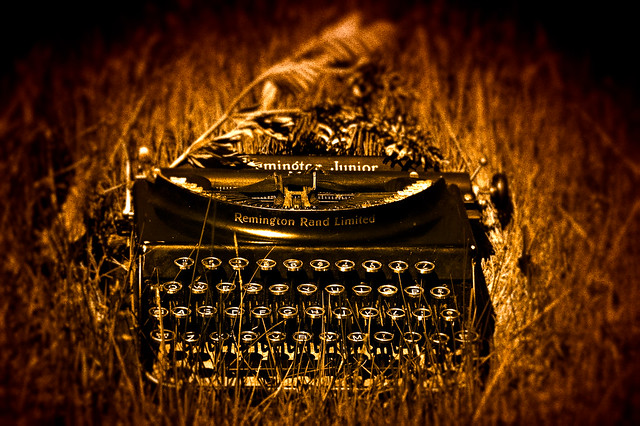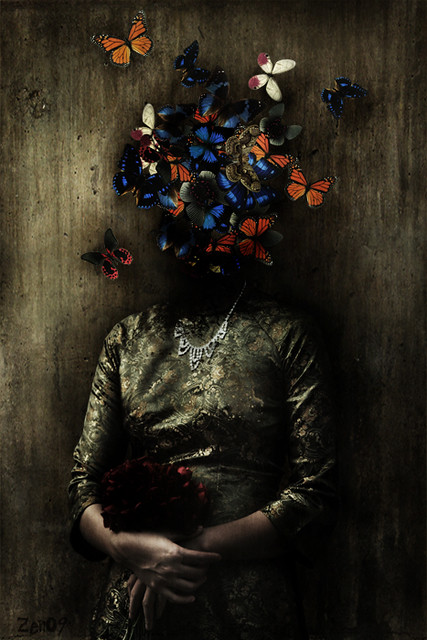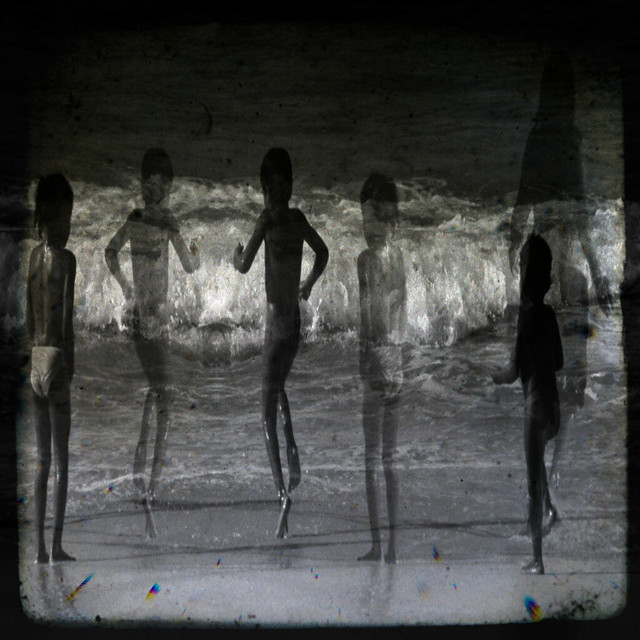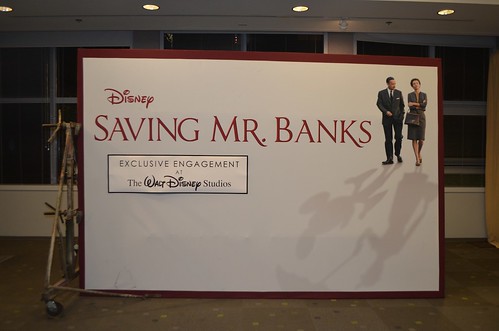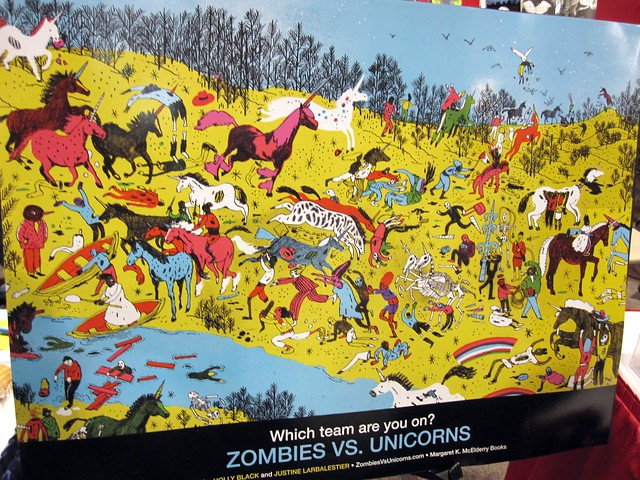At midnight on Saturday, July 30, my library system held a release party for the script book of Harry Potter and the Cursed Child. The play premiered this year, and made waves for casting a black woman as Hermione. J.K. Rowling didn't write the script, though she did write the screenplay for Fantastic Beasts and Where to Find Them, but she did approve and allow the story to become canon.
I didn't attend this event, for one important reason: I may have grown up with Harry Potter, but I read the books to their official ending.That ending came one day in 2005, when "nineteen years later" seemed sufficient at the time.
Spoiler warning: Do not read further if you don't want to know details about The Cursed Child.
When Harry Potter ended, it marked an era of change. It meant that the kids and adults who grew up with the series had to find new works, but could keep creating the scarves, songs and crafts. Daniel Radcliffe could move onto Broadway, while Emma Watson developed her film career while attaining a college degree. We felt satisfied, with a few loose threads hanging. Pottermore vignettes would provide nuggets of information.
The Cursed Child doesn't tackle the issues that the end of the series would bring up, like the struggle to reform the wizarding world after a great war, the Muggleborn witches and wizards who became lost to the school system, or the next generation bearing the scars of their legacy. While Harry struggles with the trauma of surviving as so many died, his son Albus struggles with fitting into this new world. They both encounter Draco Malfoy's son, a nice kid named Scorpio who is nothing like his father. Scorpio instead of dealing with the obvious legacy issue -- that his dad was a prejudiced Death Eater wannabe -- deals with rumors that he's Voldemort's son, conceived via his mother going back in time. Drop in a new character that could be a fanfiction offshoot, as well as time travel, and you get a convoluted, unnecessary plot that makes readers stare at the script with a bewildered expression.
Harry Potter teaches readers to be compassionate, that you have to look at a person's choices to judge them, and that being brave is extremely difficult. Conflicts reinforce these events within the narrative, as well as the need to constantly see the other side of the story. Karma hits everyone in the end, good and bad, for their actions, while occasionally good people suffer terrible things.
The Cursed Child doesn't reinforce any of these themes. Scorpio, the best character in the script, doesn't want to be his father but is constantly judged before he even gets a chance to pick a side, even by Harry. Harry can be judgmental at times, but he knows better than to distrust someone because of what their parents did. That makes no sense at all. Harry, an orphan who craved a loving family, would never tell any child that he wishes they weren't his son, which he does in the play. That's just one of the many inconsistencies in the show. The rumor itself seems too ridiculous, because Time Turners work on stable time loops, and it's something that a DNA test could verify. And the character that appears and convinces Albus and Scorpio to go back in time? The original series had no hint of her, or plausibility.
So does The Cursed Child bring anything new? It brings up the pervasive survivor's guilt, the wishing of saving someone who suffered. It brings up that you can't change the past, which anyone can tell you, but you can make different choices to improve your future. At the same time, these themes can't save the show, or the script.
Growing up gives one a different perspective on Harry Potter. As a child I read Harry Potter for the magic, the descriptions of food, and for the adventure. It was easier to ignore Professor Snape's bullying and Umbridge's abuse because they got karma. As an adult when I read the books, however, I get anxious. The real world has many people like Umbridge who get away with their actions, and you wish someone in the books would stomp her onscreen. We already got a world where karma kicked in, instead of undoing that karma temporarily using a Time Turner.
We have enough Harry Potter, enough of the good films and the books. Time Warner gave us those, LEGO games, and theme parks. We have the fanbase, and enough fanfiction to fill the Library of Congress. Heck, we even have loving homages to Harry Potter's impact like Fangirl and Carry On by Rainbow Rowell. The market meets our needs.
We are satisfied, J.K. Rowling. We don't need another story to muddle the narrative. And if we did, we need one that reinforces what you wrote first. So please, let's read your thrillers instead.
I didn't attend this event, for one important reason: I may have grown up with Harry Potter, but I read the books to their official ending.That ending came one day in 2005, when "nineteen years later" seemed sufficient at the time.
Spoiler warning: Do not read further if you don't want to know details about The Cursed Child.
When Harry Potter ended, it marked an era of change. It meant that the kids and adults who grew up with the series had to find new works, but could keep creating the scarves, songs and crafts. Daniel Radcliffe could move onto Broadway, while Emma Watson developed her film career while attaining a college degree. We felt satisfied, with a few loose threads hanging. Pottermore vignettes would provide nuggets of information.
The Cursed Child doesn't tackle the issues that the end of the series would bring up, like the struggle to reform the wizarding world after a great war, the Muggleborn witches and wizards who became lost to the school system, or the next generation bearing the scars of their legacy. While Harry struggles with the trauma of surviving as so many died, his son Albus struggles with fitting into this new world. They both encounter Draco Malfoy's son, a nice kid named Scorpio who is nothing like his father. Scorpio instead of dealing with the obvious legacy issue -- that his dad was a prejudiced Death Eater wannabe -- deals with rumors that he's Voldemort's son, conceived via his mother going back in time. Drop in a new character that could be a fanfiction offshoot, as well as time travel, and you get a convoluted, unnecessary plot that makes readers stare at the script with a bewildered expression.
Harry Potter teaches readers to be compassionate, that you have to look at a person's choices to judge them, and that being brave is extremely difficult. Conflicts reinforce these events within the narrative, as well as the need to constantly see the other side of the story. Karma hits everyone in the end, good and bad, for their actions, while occasionally good people suffer terrible things.
The Cursed Child doesn't reinforce any of these themes. Scorpio, the best character in the script, doesn't want to be his father but is constantly judged before he even gets a chance to pick a side, even by Harry. Harry can be judgmental at times, but he knows better than to distrust someone because of what their parents did. That makes no sense at all. Harry, an orphan who craved a loving family, would never tell any child that he wishes they weren't his son, which he does in the play. That's just one of the many inconsistencies in the show. The rumor itself seems too ridiculous, because Time Turners work on stable time loops, and it's something that a DNA test could verify. And the character that appears and convinces Albus and Scorpio to go back in time? The original series had no hint of her, or plausibility.
So does The Cursed Child bring anything new? It brings up the pervasive survivor's guilt, the wishing of saving someone who suffered. It brings up that you can't change the past, which anyone can tell you, but you can make different choices to improve your future. At the same time, these themes can't save the show, or the script.
Growing up gives one a different perspective on Harry Potter. As a child I read Harry Potter for the magic, the descriptions of food, and for the adventure. It was easier to ignore Professor Snape's bullying and Umbridge's abuse because they got karma. As an adult when I read the books, however, I get anxious. The real world has many people like Umbridge who get away with their actions, and you wish someone in the books would stomp her onscreen. We already got a world where karma kicked in, instead of undoing that karma temporarily using a Time Turner.
We have enough Harry Potter, enough of the good films and the books. Time Warner gave us those, LEGO games, and theme parks. We have the fanbase, and enough fanfiction to fill the Library of Congress. Heck, we even have loving homages to Harry Potter's impact like Fangirl and Carry On by Rainbow Rowell. The market meets our needs.
We are satisfied, J.K. Rowling. We don't need another story to muddle the narrative. And if we did, we need one that reinforces what you wrote first. So please, let's read your thrillers instead.


